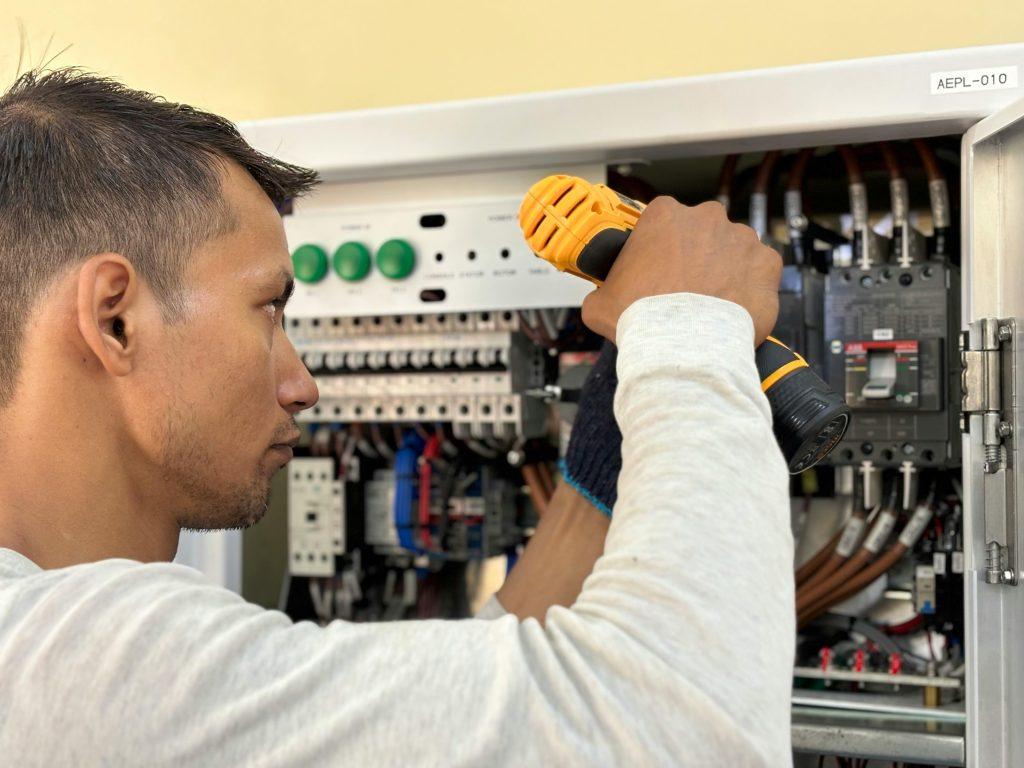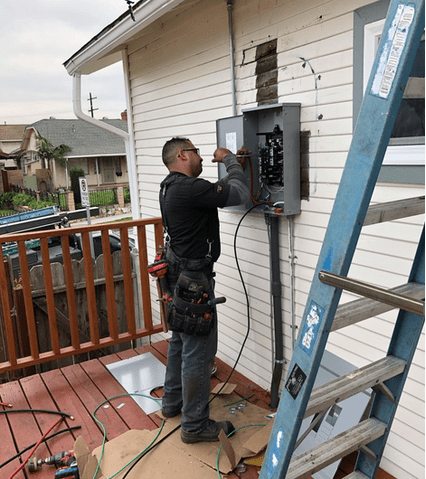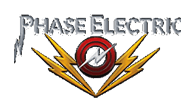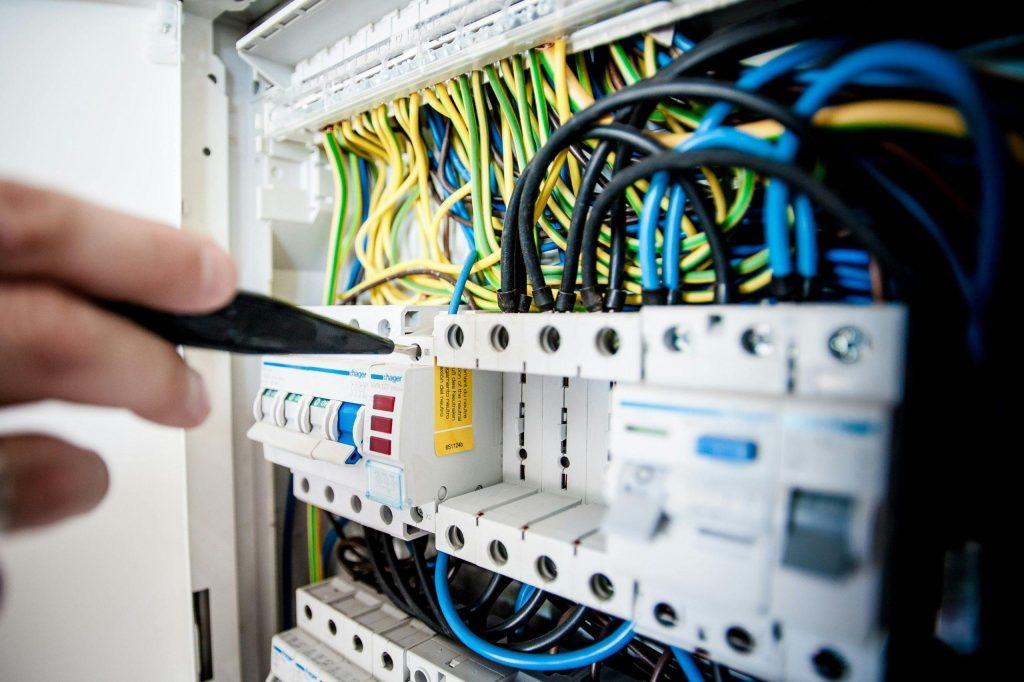Your home’s electrical panel is an essential component of your electrical system, serving as the hub that distributes power throughout your home. Understanding its function and maintenance is crucial for safety and efficiency. Here are some things you should know about your electrical panel.

What is an Electrical Panel?
An electrical panel, sometimes called a breaker box or fuse box, is where the electrical power enters your home. It contains circuit breakers or fuses that protect your home’s electrical circuits from overloading. When a circuit becomes overloaded, the breaker trips, cutting off the power to prevent potential fires or damage.
Know Your Breakers
Each breaker in your panel controls a specific area of your home or a specific appliance. Get to know the layout of your panel and what each breaker is responsible for. This knowledge can be invaluable during power outages or when troubleshooting electrical issues.
Signs of Trouble
Keep an eye out for signs that your electrical panel may need attention. Flickering lights, frequent tripping of breakers, or an unusual burning smell can indicate problems. If you notice any of these issues, it’s essential to contact a licensed electrician like the team at Phase Electric immediately to assess the situation.
Upgrading Your Panel
Older homes may have outdated electrical panels that can struggle to handle modern power demands. If you’re frequently blowing fuses or tripping breakers, it might be time to consider a replacement. A modern panel can provide improved safety, capacity, and efficiency, accommodating the electrical needs of today’s appliances and technology.
Regular Maintenance
Just like any other part of your home, your electrical panel requires maintenance. Periodically check for dust or debris buildup, which can affect its performance. Additionally, ensure that the panel is securely mounted and that there are no signs of rust or corrosion.
Understand Your Panel’s Capacity
Every electrical panel has a specific capacity, measured in amps. Most modern homes have panels rated for 100 to 200 amps. If you’re planning to add significant electrical loads, like a home addition or new appliances, check whether your panel can handle the increased demand. A licensed electrician from Phase Electric can help determine if an upgrade is necessary.
Safety First
Safety should be the priority when dealing with your electrical panel. Always turn off the main breaker before performing any maintenance, and avoid touching any wires unless you’re a trained professional. If you’re unsure about any aspect of your electrical system, contact us for a consultation.
Label Your Breakers
Labeling your breakers can save you time and confusion in emergencies. Use clear labels to indicate which areas or appliances each breaker controls. This practice not only aids in troubleshooting but also helps anyone else in your household know where to go in case of a power issue.
Consider Surge Protection
Electrical surges can damage your appliances and electronics. Consider installing a whole-house surge protector in your electrical panel. This additional layer of protection can safeguard your home against unexpected voltage spikes.

Why Hire Phase Electric?
Your home’s electrical panel is essential for safe and efficient power distribution. By understanding its functions, maintenance needs, and capacity, you can ensure that your home remains safe and well-equipped for your electrical demands. If you have any concerns or questions about your electrical panel, don’t hesitate to reach out to a qualified electrician for assistance.

